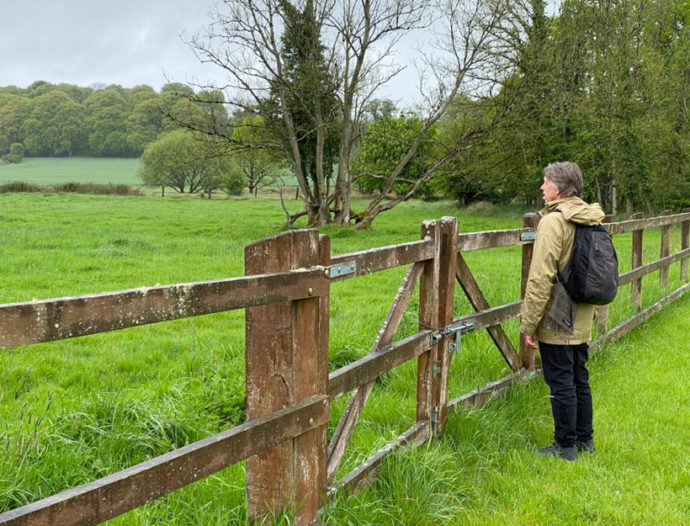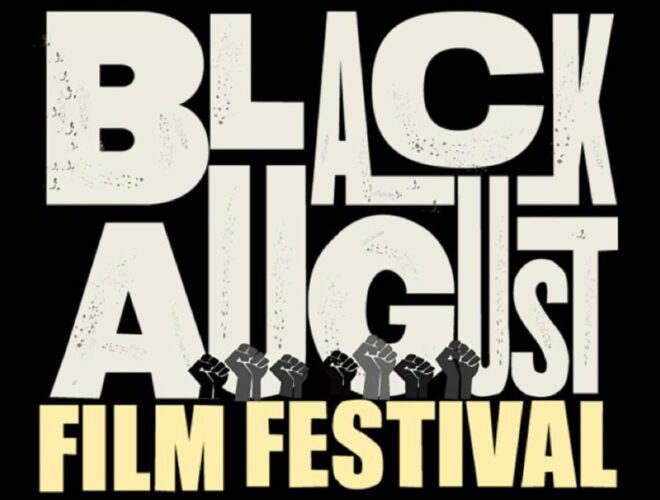The people are ready for change, but law enforcement and city councils are not.
All over the country the people have been in the streets demanding change, but decision makers and police chiefs are still stuck in the past. Part of the reason is because they have forgotten who they work for.
If any of them are surprised at the levels of criticism and review that they are receiving, they shouldn’t be. This movement has been brewing for decades and was truly set off by George Floyd’s heinous murder.
Discussions and actions towards police reform have occurred for years, reaching a pinnacle this past year with calls for defunding police activities. The real question, though, is whether or not reforming the structure of law enforcement in this country is enough to provide fair, equitable and just application of the law. Or is there another path to a truly democratic system of justice?
When analyzing police reforms over the past 15-20 years there have been changes in training, police oversight, recruitment, and supervision.
Huge amounts of funding, research and energy have been invested in these activities throughout the country. And yet communities are still experiencing inequities in how policing is applied. George Floyd, Breonna Taylor, Kendrick McDade, Philando Castile, etc. the list goes on and on of cases where members of our communities have been the victims of undeniably terrible policing.
Removing police chiefs has not changed the landscape either, as when this occurs it is the result of public pressure and not innovation. Also, officers are rarely held accountable for their actions. The systemic bias in policing means that BIPOC are far more likely to be detained by police officers because of a ‘suspicious’ appearance or activity that ultimately leads to conviction and incarceration even though often the rates of actual crime are roughly the same as white members of the community.
If reforming police departments, removing police chiefs or getting rid of the “bad apple” police officers hasn’t improved policing in our communities the past 20 years, then what is the answer for developing a truly effective and fair police force? One answer is that we need to take our system of law enforcement apart and put it back together piece by piece.
How is that accomplished? First of all, there should be a national movement to restructure policing in this country. There are a wide range of opinions on this issue, from those who want to abolish the police, to those who want to defund police departments, to folks who actually believe that we should be increasing police budgets and hiring more officers. Everyone should be invited to the table to answer this fundamental question: What is the role of the police department in your community?
In other words, what is the purpose of law enforcement in our society today?
While there are organized nationwide movements around defunding the police, police reform and other related efforts, in general few communities are taking definitive action. For example, holding town hall meetings and embarking upon community planning sessions to answer the existential question of what they want local law enforcement to actually do. To provide clarity on this issue, here are some of the key areas to focus on during those discussions.
Services – Over time, we have defaulted to asking the police to solve all of our communities’ problems.
As a result we have police officers responding to nearly every call for service that reaches the dispatcher. Could some of those requests be transferred to other agencies or organizations? Do we need law enforcement to deal with issues like homelessness, mental health, domestic abuse and the litany of other social ills that are present in our lives? In other words, do police officers need to be relied upon to solve all of our community’s problems?
Accountability – How is the police or sheriff’s department held accountable in your town?
Is there a police oversight commission or an independent auditor who investigates inappropriate use of force, violations of protocol or illegal activities? Or does the city or town council have a Public Safety Committee that reviews police department issues? Who should be in those positions? And what is their mandate? Do they have the authority to render decisions and remove police chiefs or are they just advisory bodies to city council? And what happens when officers are out of line, what is the community’s role in ensuring appropriate discipline and protecting residents from future unacceptable acts by officers?
Budget/Compensation – Who decides how much should be spent each year on law enforcement in your city?
How are those decisions made? What are the opportunities for citizen input and how would people know in your town when they are made? What percent of your city’s annual budget is dedicated to the police department? Allocations range anywhere from 20% to 50% across the nation. However, could those funds be used in more proactive ways, like mental health services, homeless outreach efforts, youth development programs, marital counseling, libraries, public health initiatives and many other valuable projects? And if they were allocated to those other causes, would the community be healthier and ultimately, safer?
Recruitment/Hiring – Is local law enforcement better if its officers live in the city where they work?
The belief is that there will be stronger relationships, greater commitment, increased knowledge of neighborhoods and other valuable assets if police departments hire locally. For some cities this objective can be difficult to achieve, nevertheless, it must be raised in the process of police restructuring. Furthermore, if it is agreed upon by the community that hiring from the city’s neighborhoods is a priority, then how will young people from those areas be recruited? What would attract them to serve in this way? And how do those recruitment efforts reach sectors of any city that are often forgotten and marginalized because of race, levels of crime, or social and economic status?
Technology – The issue in this realm of policing is really about what systems are actually needed.
Are the threats of criminal activity so great that there is a need to invest hundreds of thousands of dollars in cutting edge technologies? And do they really make us safer? What is the ultimate outcome of most of these tech tools: solving crime or actually preventing it? Which is more important: prevention or enforcement? Is the cost, both in dollars and lost privacy rights, worth the expense?
Training/Education/Wellness – Law enforcement officers suffer higher levels of suicide, divorce and alcoholism than most other sectors of the population.
The pressure that they endure as the result of facing conflicts and stress every day has a cumulative effect that damages physical and mental health of officers. If we truly want to re-craft policing, we need to ask how we might restructure their responsibilities so that it is healthier for these agents and, ultimately, healthier for the community. A stressed officer with a loaded gun elevates the risk of violence for everyone.
Police/Community Relations – In many cities around the country relations between police and residents are extremely tense.
Officers feel the pressure and scrutiny. And some residents feel as though any encounter with police will end in incarceration or death. During the pandemic use of force numbers decreased dramatically in some cities because officers began taking a less interactive approach to doing their jobs. Certainly, the virus caused them to be more cautious. However, after the demonstrations due to George Floyd’s murder, many decided to create distance between themselves and the public. How is that rift healed? How will trusting relationships be rebuilt between officers and citizens? If there is no active engagement between the two, the gap will continue to grow with the result being officers who are paid to police streets where they have no significant connection or commitment.
To be clear, this conversation is really about how to make our neighborhoods safer for everyone, including people of color. There is little evidence to suggest that bloated police department budgets will accomplish that objective. Historically, policies driven by ‘law and order’ and ‘tough on crime’ concepts were very effective at filling up jails and prisons but had little impact in ensuring that members of our society were treated with dignity.
Public safety originates in affording access to democratic institutions and filling people with hope that they will have opportunities for securing quality education, housing, health care, nutrition, employment and other vital human rights.
If we really want safer cities, this is where we should focus our energies, not on attempting to reform a system that repeatedly violates our trust and expectations. Communities should be diving deep into these issues today with well-organized dialogues and planning processes about how they really want law enforcement to be structured in the 21st century.





